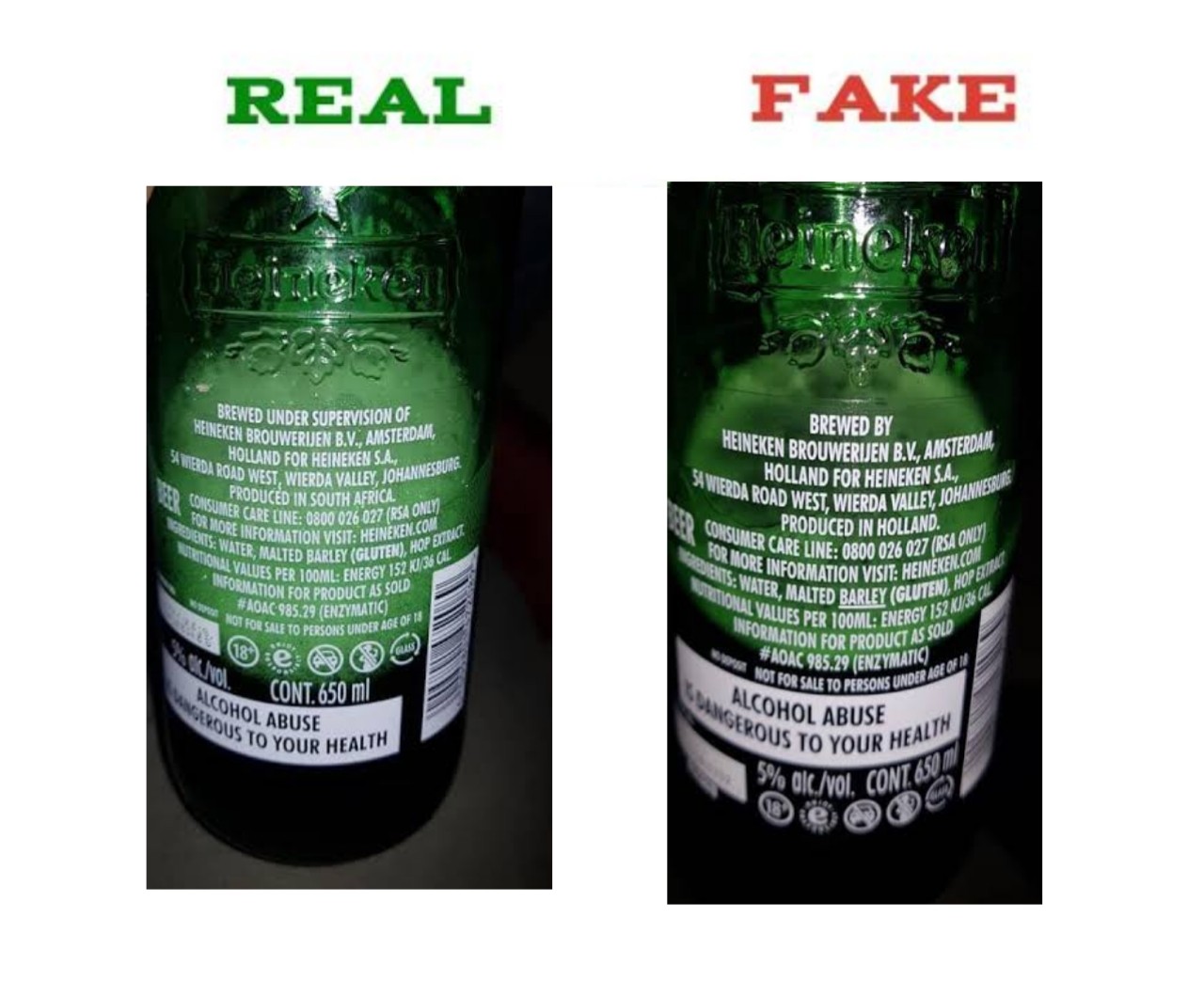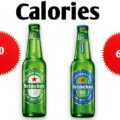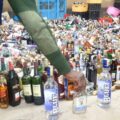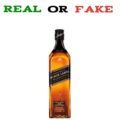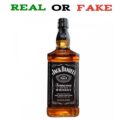Records indicate that beer is one of the oldest drinks humans have produced. The first chemically confirmed barley beer dates back to the 5th millennium BC in modern-day Iran, and was recorded in the written history of ancient Egypt and Mesopotamia and spread throughout the world.
More than 6 in every 10 American adults drink alcohol, and among those people, beer is consistently a clear favorite. With this popularity also comes an increase in counterfeiting of products. Seizures of counterfeit alcohol by authorities have soared fivefold in two years, according to research which shows how criminal gangs are tapping into the demand for bargain booze.
Worryingly, the investigations reveal that in most countries there is no formal method for sharing intelligence between public health authorities and the drinks industry to identify fake alcohol, which often contains substances that can cause severe injury or even death.
What is Heineken beer?
Heineken Holding NV is a company founded in Amsterdam, Netherlands, on March 27, 1952. It produces and distributed beer and other beverage products worldwide. Their traditional beers are well-known and they stick to the proven recipes that include:
Heineken Pilsener: Heineken International, based in Holland, has produced this beer with 5% alcohol since 1873. The brewery used only malted barley, quality hops, special yeast, and purified water to create this beverage. It is popular in the US, Europe, and the Middle East.
Heineken Lager: This 5% ABV beer made without any additives is a product of Heineken’s Brouwerijen brewery in Holland. You can find it canned and bottled.
Heineken Extra Cold: The company promotes this new way of beer serving. Its expert team claims that this beer type’s intense coldness drives the ultimate refreshment during hot days in summer. It is the traditional Heineken served in a frosted glass.
Heineken Premium Light: Heineken introduced this light beer to the US market in 2005. It contains fewer calories and carbs and only 3.2% of alcohol.
Heineken 0.0: This zero-alcohol beer with only 69 calories is trendy nowadays. Its taste is unchanged, and the way of brewing is the same as with traditional Heineken. The difference is in removing alcohol and getting a beer with a malty and fruity flavor.
How to Spot Fake Heineken Beer
Although Heineken South Africa has issued a warning on its Twitter page that a recent video, allegedly showing the bottling of “fake Heineken” is false there is still a need to educate the public on how to avoid fakes. The viral video which was published together with a picture showing the apparent branding differences between the “fake beer” and real Heineken, with the “fake beer” using a larger font was a false alarm.
The Health officials list the following tips to help you identify counterfeit alcohol:
Think about the “4 Ps”:
- Place: Only buy your Heineken beer from reputable and licensed retailers, bars, and supermarkets. Do not buy alcohol from door-to-door salespeople, unlicensed market traders, or customers in bars.
- Price: If the Heineken beer is being sold well below its normal price, or doesn’t seem to include normal taxes on liquors, then it is probably fake.
- Packaging: Check for poor quality packaging, spelling mistakes, and unusually shaped bottles. Look for the contact information and address of the manufacturer. If it is missing, the alcohol is fake. Inspect the seal on the Heineken beer bottle. If the seal is broken or damaged, then the contents might have been interfered with and are not safe to drink. Check for fake bar codes. If you have an app on your mobile that scans bar codes, scan it and see if it’s listed as the correct product.
- Product: Beware of bad smells! If it smells like a paint stripper or nail polish remover, then it probably is!
If the Heineken beer contains particles or sediment, or the contents have separated in the bottle, then the product is likely to have been thinned with tap water.
If you notice any of the warning signs listed above, do not buy the product, and definitely do not drink it!
Important Information
This information on How to Spot Fake Heineken Beer is provided as part of our harm reduction efforts. It’s important to note that alcoholism is a real disease. It can cause changes to the brain and neurochemistry, so a person with an alcohol addiction may not be able to control their actions.
Alcohol addiction can show itself in a variety of ways. The severity of the disease, how often someone drinks, and the alcohol they consume varies from person to person. Some people drink heavily all day, while others binge drink and then stay sober for a while. Regardless of how the addiction looks, someone typically has an alcohol addiction if they heavily rely on drinking and can’t stay sober for an extended period of time.
Many people addicted to alcohol also turn to 12-step programs like Alcoholics Anonymous (AA). There are also other support groups that don’t follow the 12-step model, such as SMART Recovery and Sober Recovery.
Regardless of the type of support system, it’s helpful to get involved in at least one when getting sober. Sober communities can help someone struggling with alcohol addiction deal with the challenges of sobriety in day-to-day life. Sober communities can also share relatable experiences and offer new, healthy friendships. And these communities make the person with an alcohol addiction accountable and provide a place to turn to if there is a relapse.


